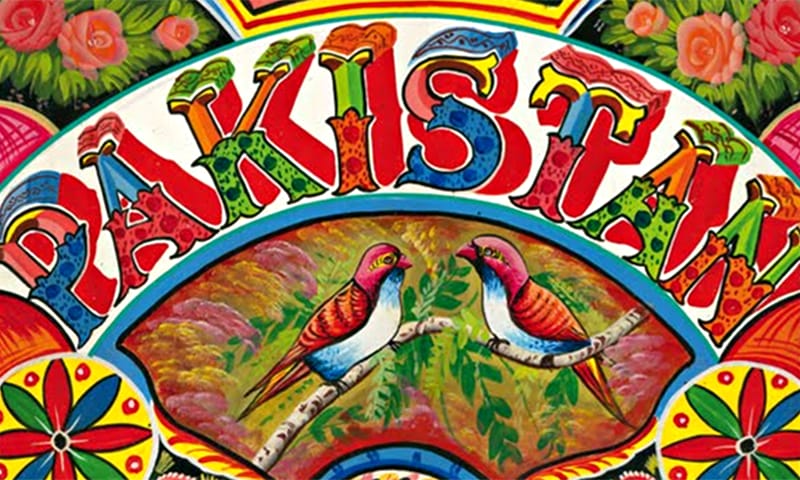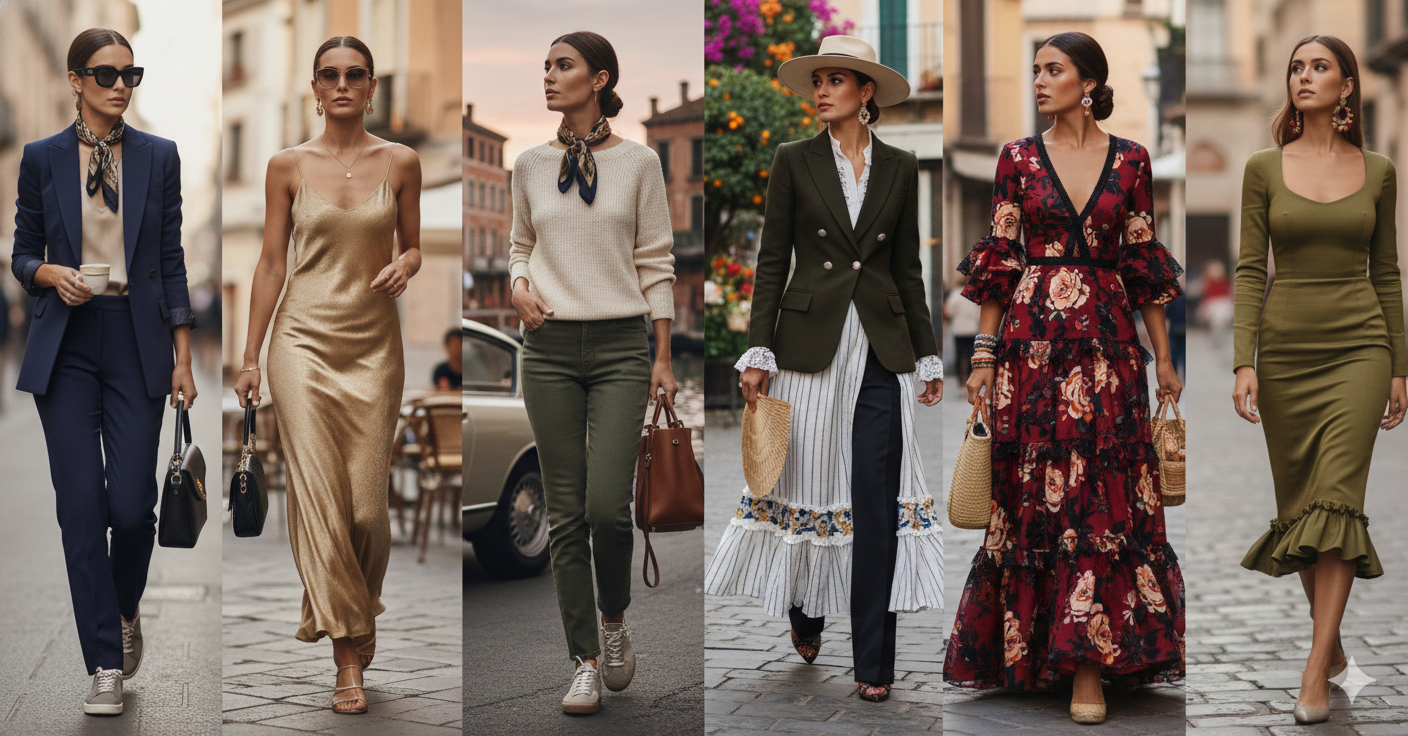Pakistan’s rich cultural heritage, diverse lifestyle, and deep-rooted traditions create a vibrant and unique society. Moreover, strong family values, artistic expressions, and a blend of ancient and modern influences define Pakistani identity. Additionally, the country’s colorful festivals, traditional clothing, and delicious cuisine add to its cultural charm.
Deep-Rooted Traditions and Family Values:
Pakistani traditions reflect a mix of South Asian, Persian, and Islamic influences. Moreover, family plays a crucial role in daily life, with respect for elders and close-knit relationships remaining essential values. Additionally, hospitality stands as a core tradition, where guests receive warm welcomes and generous treatment. Weddings, another significant tradition, feature elaborate ceremonies, vibrant music, and colorful attire, making them grand cultural events.
Diverse Lifestyle in Urban and Rural Areas:
The lifestyle in Pakistan varies between urban cities and rural villages. Moreover, cities like Karachi, Lahore, and Islamabad offer modern living, bustling markets, and advanced infrastructure. People enjoy shopping, dining, and participating in cultural festivals. Additionally, rural areas focus on agriculture, simplicity, and strong community ties. Despite the differences, kindness and generosity remain common across all regions.
Traditional Fashion and Modern Influences:
Pakistani clothing showcases elegance and cultural heritage. Moreover, men and women commonly wear shalwar kameez, the national dress, while festive occasions bring out luxurious fabrics and intricate embroidery. Additionally, designers like Hassan Sheheryar Yasin (HSY) and Maria B introduce modern fashion trends while preserving traditional craftsmanship. Bridal wear, featuring exquisite embellishments and vibrant colors, remains an essential part of Pakistani culture.
Flavorful Cuisine and Culinary Traditions:
Pakistani cuisine reflects bold flavors, aromatic spices, and a love for hearty meals. Moreover, traditional dishes such as biryani, nihari, karahi, and haleem remain popular across all regions. Additionally, street food like gol gappay, chaat, and seekh kebabs attract food lovers with their delicious and affordable flavors. Desserts such as gulab jamun, kheer, and jalebi add a sweet touch to Pakistani meals.
Festivals and Celebrations:
Pakistan celebrates numerous festivals that bring people together in joy and unity. Moreover, religious festivals such as Eid-ul-Fitr and Eid-ul-Adha involve prayers, feasts, and acts of charity. Additionally, cultural festivals like Basant, which marks the arrival of spring, showcase colorful kites and lively festivities. Independence Day on August 14 unites the nation with patriotic events and celebrations.
Music, Art, and Cultural Heritage:
Pakistani music carries deep cultural significance. Moreover, qawwali, folk music, and contemporary pop blend to create a diverse musical landscape. Legends like Nusrat Fateh Ali Khan and Abida Parveen have influenced generations with their soulful performances. Additionally, modern artists like Atif Aslam and Ali Zafar continue to shape the industry with fresh styles. Traditional arts, including truck art, calligraphy, and handwoven textiles, remain vital parts of Pakistan’s artistic heritage.
Sports and Recreational Activities:
Cricket stands as the most beloved sport in Pakistan. Moreover, major tournaments bring excitement, and fans passionately support their national team. Additionally, sports like hockey, squash, and kabaddi remain popular in different regions. Adventure lovers explore the stunning northern areas for trekking, skiing, and mountaineering.
Pakistani culture embraces tradition while adapting to modern influences. Moreover, the country’s rich lifestyle, strong values, and love for celebrations create a unique and dynamic society.




